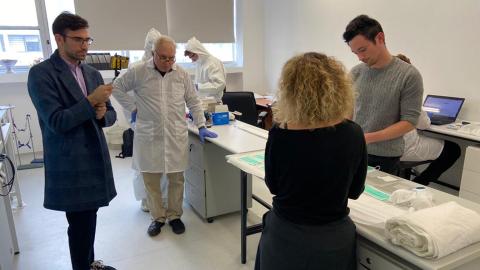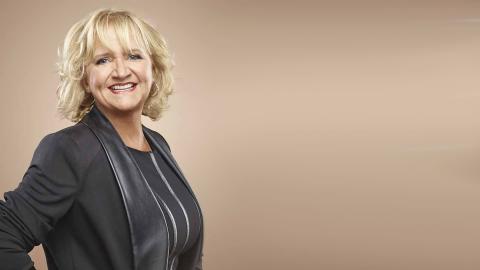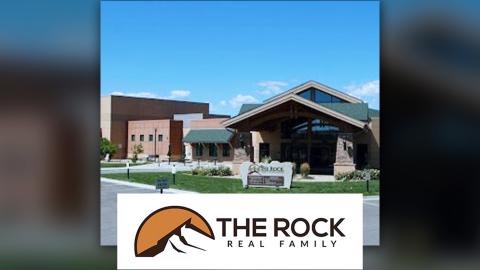
Israeli Companies Develop Revolutionary Antiviral Face Masks to Defend Against Deadly Coronavirus
JERUSALEM, Israel – Israel is tackling the global coronavirus outbreak head-on to keep it from becoming a health crisis in the country.
Israel has banned all entries from China as a safety measure and the Health Ministry is calling on anyone who recently returned from China to stay at home for two weeks. The Interior Ministry is also denying entry to anyone who was in China in the last few weeks and is not an Israeli citizen.
Israel’s Channel 12 reported Sunday that some 1,500 Chinese tourists already in the country are stranded in Israel and many are being confined to their hotel rooms.
Chinese officials report that there have been 361 deaths and 2,829 new cases over the last 24 hours, bringing the Chinese total to 17,205 cases. The numbers are expected to grow and tests are pending on thousands of suspected cases.
To Prime Minister Benjamin Netanyahu, it’s not a question of if the coronavirus will spread to Israel, but when.
“Our foremost goal is to postpone the arrival of the virus to Israel. I say ‘postpone’ because its arrival is unavoidable. We will then identify, treat, isolate and deal with those infected,” Netanyahu said after a meeting with government leaders.
“We have closed land crossings, seaports and airports to arrivals from China; this is temporary. We are also updating the Palestinian Authority on all preventive steps and public health measures that they must take into account here as well,” he continued.
While Israeli leaders are preparing for the coronavirus, two Israeli companies are working on new technology to help prevent the outbreak.
Scientists have yet to release a vaccine for the coronavirus and many people are using disposable face masks to prevent themselves from contracting the airborne disease.
An Israeli company called Sonovia is creating a washable antiviral fabric that kills bacteria and viruses upon contact.
Sonovia uses soundwaves to impregnate the surface of the fabric with metallic nanoparticles like zinc oxide and copper oxide. These particles have antiviral and antibacterial properties that destroy viruses and potentially save lives.
So far, the company’s textiles have proven effective against some strains of the flu virus and six types of bacteria including E. coli and Staph. The material can also last for up to 100 washes at 167°F or 65 washes at 197°F.
“We are actually in the process of accelerating our research and development into this particular field because we know that there is an epidemic at the moment and we want to be able to help China distribute this equipment once we’ve got the approval and then we’ll be able to manufacture masks on a large scale,” Dr. Jason Migdal, leader of Business Development at Sonovia told CBN News.
But it’s not just masks that Sonovia wants to manufacture, their antiviral textiles can be used in a variety of essential medic products like hospital bedding, gowns, and drapes.
Sonovia tested their antiviral fabric during a hospital pilot in Europe.
“We had our treated textiles in the bedding, in the gowns, in the drapes and it was found in a study that was conducted over several weeks, that there was significantly lowered hospital-acquired infections,” explained Migdal.
While Sonovia has not specifically tested their fabrics against the coronavirus, the metallic nanoparticles used in their textiles are “highly antiviral” for viruses similar in structure to the coronavirus.
Liat Goldhammer-Steinberg, CTO of Sonovia said her company has enough fabric to make about 5,000 to 10,000 antiviral face masks but they won’t be commercialized until Sonovia has been approved for distribution.
Migdal told CBN News this approval process can take several weeks and the company is actively searching for manufacturers, investors, and partners who can help it bring this antiviral technology into the areas hit hardest by the coronavirus.
“We believe there is high potential for our products to save lives,” Goldhammer-Steinberg told ISRAEL21c.
A Jerusalem-based company called Argaman is also months away from releasing its antiviral mask called Bio-Block.
“The pores of the nanofiber pad are so small that bacteria cannot go through it — nor a droplet that contains a live virus –and our EPA-approved 100% CottonX fibers destroy the pathogens that come in contact with it,” founder and CEO Jeff Gabby said.
“The mask not only blocks the virus but kills the viruses going both to the wearer and away from the wearer in case the wearer is infected,” he explains.
Like Sonovia, the CottonX fabric has proven effective against E. coli and Staph and can last up to 100 washes.
Customers can buy the Bio-Block masks in about two months at the company’s office in Jerusalem for $50. Argaman also plans on selling the masks and other products on Amazon.




